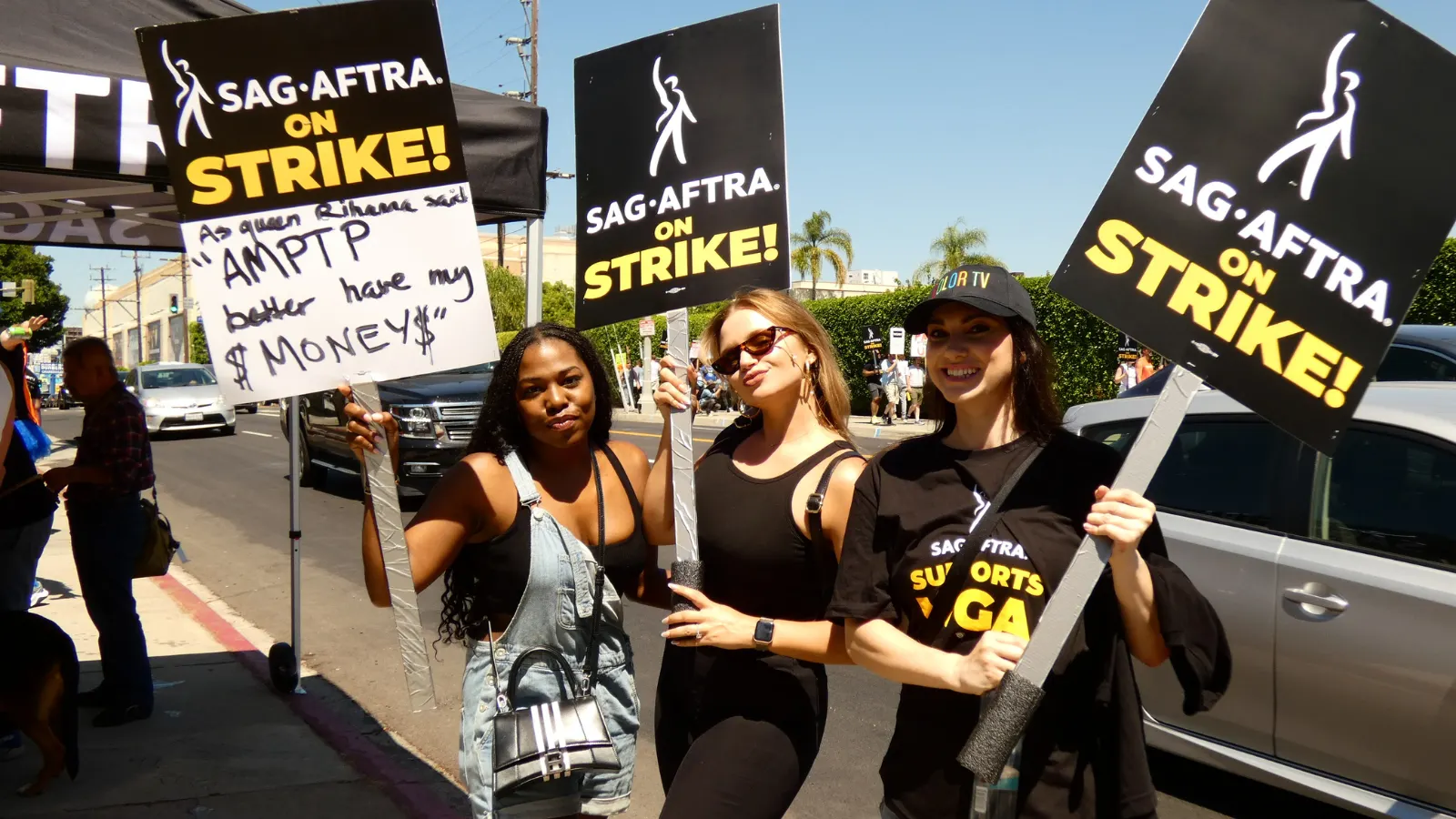Hollywood union SAG-AFTRA (aka the Screen Actors Guild)—which represents film and television actors as well as voice and motion-capture video game performers—has signed a deal with generative AI firm Replica Studios to allow and regulate the use of new AI tech in video games.
The deal establishes rules on what Replica can and can’t do with SAG-AFTRA union members' voices in video games. For one, the agreement allows Replica to create digital doubles of actors’ voices for use in games as long as the actors provide their consent. Voice talent can negotiate the use of their AI voice double and will be able to stop the ongoing use of their voice in future games or interactive media projects as desired, according to the union’s statement.
“For most performers, the best protection against the unauthorized digital simulation of their voice, likeness and/or performance is a SAG-AFTRA contract,” said SAG-AFTRA President Fran Drescher in a statement.
“With this agreement, we have achieved fully informed consent and fair compensation when it comes to the use of our members’ voices and performances,” added SAG-AFTRA National Executive Director and Chief Negotiator Duncan Crabtree-Ireland.
Tuesday’s deal with Replica comes about a month after the union’s new agreement for film and television actors with the producers’ guild, known as the AMPTP, which was secured in December after a 118-day long strike. While the AMPTP deal established provisions for AI, some members remain concerned that deal doesn’t protect actors from the threat of AI enough.
SAG-AFTRA has been investigating generative AI’s potential impact on its members’ livelihoods since 2018, Mashable reported. Crabtree-Ireland also reportedly said that the union’s sub-groups have unanimously supported the Replica Studios agreement.
“Our voice actor agreements ensure that game developers using our platform are only accessing licensed talent who have given permission for their voice to be used as a training data set, as opposed to the wild west of AI platforms using unethical data-scraping methods to replicate and synthesize voices without permission.”
It’s worth emphasizing, however, that SAG-AFTRA’s deal only applies to Replica and does not include provisions for large language models (LLMs), which game publishers like Ubisoft and Riot Games parent company Tencent are adopting through NVIDIA’s new ACE technology.
Where LLMs source their outputs from, exactly, remains an ongoing concern for creatives and creators seeking fair compensation for their work. And this issue applies to more industries beyond just video games, films, and television, as the New York Times has filed a lawsuit against LLM unicorn OpenAI over the alleged unauthorized use of its content.
While SAG-AFTRA’s interactive media division previously pre-authorized a strike back in September for its game industry workers—many of whom are concerned about generative AI threatening their careers—talks are reportedly ongoing to lock in a new deal.
“I hope the video game companies will take this as an inspiration to help us move forward in that negotiation,” Crabtree-Ireland said to Variety. “I’m hopeful we will be able to reach an agreement with the video game studios imminently.”
Edited by Andrew Hayward

